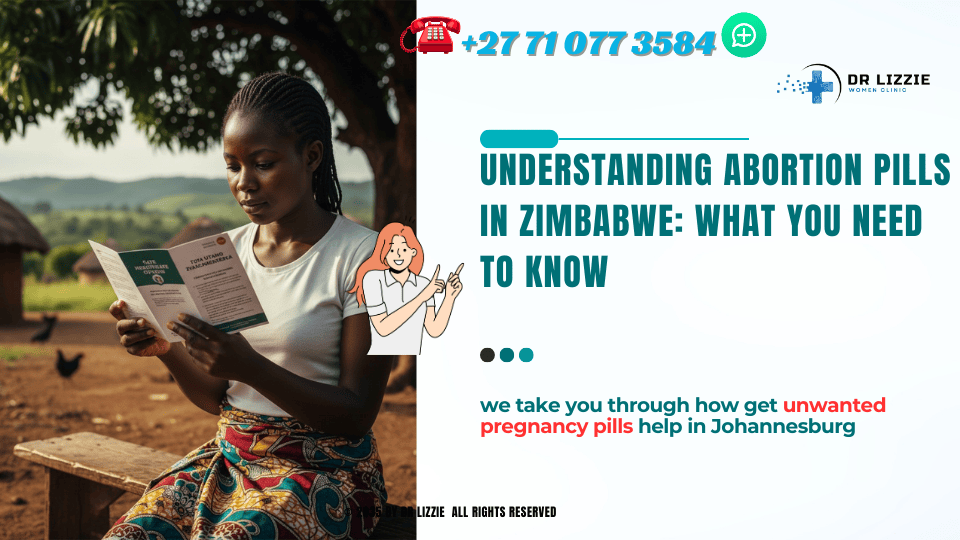Navigating the sensitive topic of abortion pills in Gaborone, Botswana, can be challenging, but...
Understanding Abortion Pills In Zimbabwe: What You Need To Know

Navigating the complexities of abortion pills in Zimbabwe can be challenging, but understanding the costs, legality, and accessibility can empower women to make informed decisions.
The Legal Landscape: Abortion Pills in Zimbabwe
In Zimbabwe, the legal status of abortion is highly restrictive. The Termination of Pregnancy Act of 1977 only permits abortions under specific circumstances, including when the pregnancy endangers the mother's life, has resulted from rape or incest, or if there is a significant risk that the child will have a serious physical or mental defect. Consequently, access to abortion pills is heavily regulated, and unauthorized procurement or use could lead to legal repercussions.
Despite these restrictions, there is a growing conversation about reproductive rights and the need for more accessible and safe abortion services. Understanding the legal landscape is paramount for women seeking abortion pills in Zimbabwe to ensure they comply with the law and protect their health.
How Much Does an Abortion Pill Cost in Zimbabwe?
The cost of abortion pills in Zimbabwe can vary significantly depending on the source and the associated medical services. On average, the price can range from USD 20 to USD 100. However, these costs may be higher when obtained through private healthcare providers due to associated consultation and follow-up fees.
It is essential to consider that the cost should not only be measured in monetary terms but also in terms of safety and legality. Obtaining abortion pills from unregulated sources can pose significant health risks and legal issues. Therefore, it is advisable to seek services from reputable healthcare providers who can offer comprehensive care and guidance.
Where Can You Obtain Abortion Pills in Zimbabwe?
In Zimbabwe, obtaining abortion pills legally is challenging due to the restrictive laws. Authorized healthcare facilities and providers are the safest and most legal options. These include public hospitals, private clinics, and organizations that comply with the Termination of Pregnancy Act.
Women should be wary of purchasing abortion pills from unregulated sources such as online vendors or unofficial clinics. These sources not only carry legal risks but also health risks due to the potential for counterfeit or unsafe medications. It is crucial to seek out licensed and trusted healthcare providers who can ensure the legality and safety of the medication.
Safety and Efficacy: What You Need to Know About Abortion Pills
Abortion pills, typically comprising Mifepristone and Misoprostol, are considered safe and effective for terminating early pregnancies (up to 10 weeks). Mifepristone works by blocking the hormone progesterone, necessary for pregnancy continuation, while Misoprostol induces contractions to expel the pregnancy tissue.
While generally safe, the use of abortion pills requires proper medical supervision to manage potential side effects such as heavy bleeding, cramping, nausea, and infection. Women should have access to medical support throughout the process to ensure their health and well-being.
Support Systems and Counseling Services Available
Access to support systems and counseling services is crucial for women undergoing pregnancy termination. In Zimbabwe, various organizations and healthcare providers offer pre- and post-abortion counseling to help women navigate the emotional and psychological aspects of the process.
These services include confidential counseling, support groups, and follow-up care to ensure physical recovery and emotional well-being. Women are encouraged to utilize these resources to gain comprehensive support and make informed decisions about their reproductive health.
.png?width=200&height=65&name=Untitled%20design%20(68).png)


